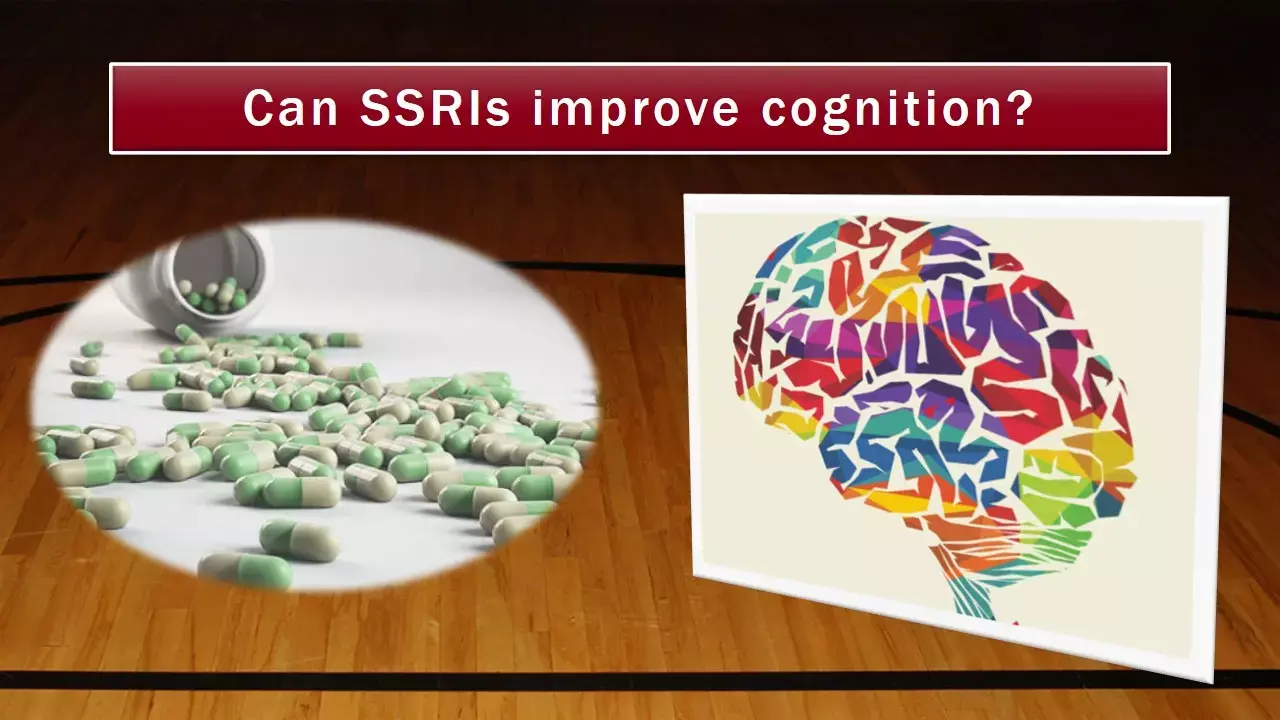- Home
- Medical news & Guidelines
- Anesthesiology
- Cardiology and CTVS
- Critical Care
- Dentistry
- Dermatology
- Diabetes and Endocrinology
- ENT
- Gastroenterology
- Medicine
- Nephrology
- Neurology
- Obstretics-Gynaecology
- Oncology
- Ophthalmology
- Orthopaedics
- Pediatrics-Neonatology
- Psychiatry
- Pulmonology
- Radiology
- Surgery
- Urology
- Laboratory Medicine
- Diet
- Nursing
- Paramedical
- Physiotherapy
- Health news
- Fact Check
- Bone Health Fact Check
- Brain Health Fact Check
- Cancer Related Fact Check
- Child Care Fact Check
- Dental and oral health fact check
- Diabetes and metabolic health fact check
- Diet and Nutrition Fact Check
- Eye and ENT Care Fact Check
- Fitness fact check
- Gut health fact check
- Heart health fact check
- Kidney health fact check
- Medical education fact check
- Men's health fact check
- Respiratory fact check
- Skin and hair care fact check
- Vaccine and Immunization fact check
- Women's health fact check
- AYUSH
- State News
- Andaman and Nicobar Islands
- Andhra Pradesh
- Arunachal Pradesh
- Assam
- Bihar
- Chandigarh
- Chattisgarh
- Dadra and Nagar Haveli
- Daman and Diu
- Delhi
- Goa
- Gujarat
- Haryana
- Himachal Pradesh
- Jammu & Kashmir
- Jharkhand
- Karnataka
- Kerala
- Ladakh
- Lakshadweep
- Madhya Pradesh
- Maharashtra
- Manipur
- Meghalaya
- Mizoram
- Nagaland
- Odisha
- Puducherry
- Punjab
- Rajasthan
- Sikkim
- Tamil Nadu
- Telangana
- Tripura
- Uttar Pradesh
- Uttrakhand
- West Bengal
- Medical Education
- Industry
SSRI may improve cognition in depressed patients, finds study

Major Depressive Disorders (MDD) has been linked to detrimental effects on various cognitive domains like attention, memory and learning both in remission or non-remission states. A recent study by Thakur et al in Asian Journal of Psychiatry has shown improvement in parameters like Digit Vigilance Test (DVT) Time with the use of SSRIs in patients diagnosed with MDD.
According to different literature, SSRIs coupled with their primary action of augmentation in 5HT transmission could influence cognitive outcomes such as memory and attention by the production of brain-derived neurotropic factors (BDNF) in the hippocampus and amelioration in limbal atrophy (fluoxetine) respectively
The present study was aimed to
(a) assess the effects of SSRI on various cognitive function domains
(b) characterize the nature of the changes
(c) analyze whether there are any observable differences in the effects of the individual drugs in the same class.
The observational study included aduld subjects (18 years to 60 years) of either gender with a clinical diagnosis of MDD as per ICD10 criteria, in remission and taking any of the following SSRIs – fluoxetine, sertraline, escitalopram for at least 6 months, were included in the study.
Assessment of the four cognitive domains was done using the following tests described – (a) Sustained Attention using Digit Vigilance Test (DVT) (b) Verbal learning and memory by Rey Auditory Verbal Learning Test (RAVLT) (c) Executive Function by the Stroop Colour and Word Test (SCWT) (d) Processing speed by the Digit Symbol Substitution Test (DSST) and to assess the depressive state, the HAM D17 scale was used during screening and subsequently in all follow-up visits. The study visits were scheduled as follows: baseline, follow up visits after 3, 6 and 9 months from recruitment.
Authors noted a significant decrease in time parameters of Digit Vigilance Test (DVT) Time, Digit Symbol Substitution Test (DSST) Time, Stroop Effect Score (SES) and Significant improvement was observed in the sertraline subgroup in the aforementioned parameters on the contrary of significant DVT and DSST time improvement in the escitalopram subgroup.
The improvement in DVT time is suggestive of improved sustained attention. Psychomotor speed or processing speed, as measured by DSST time, improved significantly in the overall population and in both subgroups.
The above-mentioned change is usually attributed to the dopaminergic alteration in the prefrontal fronto-basal circuit mediated by sertraline. The change in verbal memory, assessed by Rey auditory verbal learning test (RAVLT) was non-significant in the overall study population as well as the two subgroups.
This study is one of the very first in India to provide insight into the impact of such pharmacotherapy on cognitive functions in a patient cohort who attend public hospitals for treatment.
Source: Asian Journal of Psychiatry: doi: 10.1016/j.ajp.2021.102985.
M.B.B.S, M.D. Psychiatry
M.B.B.S, M.D. Psychiatry (Teerthanker Mahavir University, U.P.) Currently working as Senior Resident in Department of Psychiatry, Institute of Human Behaviour and Allied Sciences (IHBAS) Dilshad Garden, New Delhi. Actively involved in various research activities of the department.
Dr Kamal Kant Kohli-MBBS, DTCD- a chest specialist with more than 30 years of practice and a flair for writing clinical articles, Dr Kamal Kant Kohli joined Medical Dialogues as a Chief Editor of Medical News. Besides writing articles, as an editor, he proofreads and verifies all the medical content published on Medical Dialogues including those coming from journals, studies,medical conferences,guidelines etc. Email: drkohli@medicaldialogues.in. Contact no. 011-43720751


